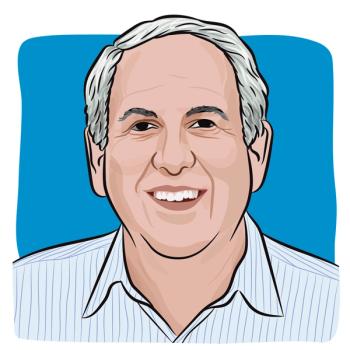
It's important for cancer survivors to recognize the major milestones and anniversaries in their cancer journey. Even if it's an anniversary they didn't want.

It's important for cancer survivors to recognize the major milestones and anniversaries in their cancer journey. Even if it's an anniversary they didn't want.

In an interview with CURE®, Dr. Lawrence An discusses how expressive writing can be a tool to reduce stress in patients with cancer.

Here are the top 10 most popular contributor articles from 2020!

Every now and then CURE® is able to get a celebrity to talk about their experience with cancer and share how this common disease even impacts them.
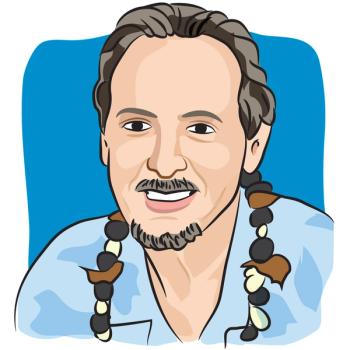
A breast cancer survivor suggests some ways to warm your winter and survive the holidays in 2020.
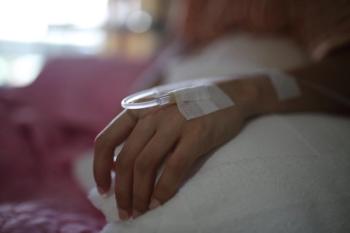
Patients and their doctors should discuss survivorship issues – such as anxiety and fertility issues – sooner rather than later.

Dr. Mindy Goldman from the UCSF Hellen Diller Comprehensive Care Center, discusses sexual side effects that cancer survivors face, and offers medication and lifestyle fixes to promote healthy and safe sexual encounters.

A long-term cancer survivor shares her tips on getting through the winter cold that bites a little extra for survivors and patients with cancer.
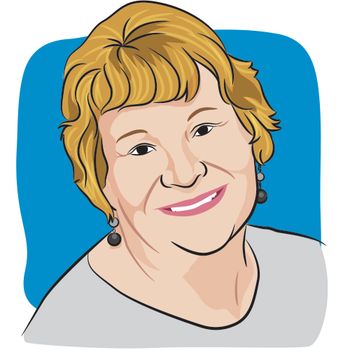
A cancer survivor writes about the indirect consequences of COVID-19 on her and others.

If a patient with cancer is no longer receiving active treatment and there are no signs of active disease, an expert from The University of Texas MD Anderson Cancer Center suggests they should have a good response to the COVID-19 vaccine, but direct data on this are not yet available.
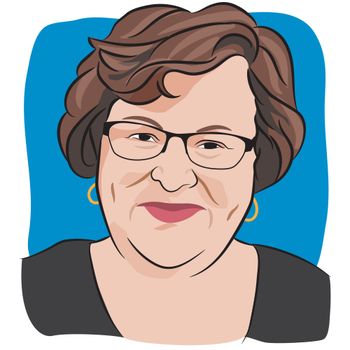
This holiday I have unfortunate news that may turn out to be nothing, but sometimes it's better to keep our loved ones in the dark till we know more.

The Food and Drug Administration has issued the first emergency use authorization for the Pfizer-BioNTech COVID-19 Vaccine for the prevention of COVID-19 in people 16 years old and older.
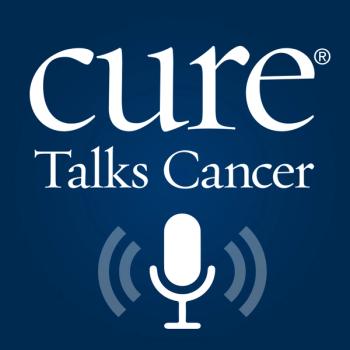
This week on the “CURE® Talks Cancer” podcast, we spoke with renowned street artist James Cochran about one of his art projects that was commissioned to symbolize the creativity and commitment of those who work tirelessly to eradicate cancer.

Figuring out boundaries and safety in relation to COVID-19 has been an ongoing challenge this year, and with the holidays coming up pressure is mounting. Here is how one cancer survivor considered their boundaries this year.

An artificial intelligence-based algorithm within the electronic medical record provided real-time and accurate predictions of the short-term mortality rate of patients with cancer, outperforming all other prognostic incidences commonly used.

A two-time cancer survivor loses her wonderful dog to, of course, cancer and offers advice to avoid some pet cancer pitfalls.

On social media, in honor of Thanksgiving, CURE® recently asked its readers to share what they are most thankful for this holiday season.
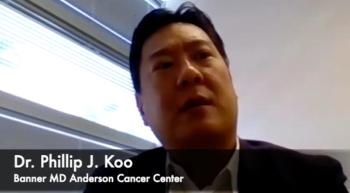
Often, patients with cancer will come into contact with only a handful of members of their care team: a primary care physician or oncologist, perhaps a nurse or two. But as Dr. Phillip J. Koo explained, it helps to view the cancer care team – including those who a patient may never see – with a wider lens.

A lighthearted look from one cancer survivor on the phrases that we've learned of, or made up, during the COVID-19 pandemic.

The holiday season is upon us. For the person with cancer, this can be a daunting time. One cancer survivor shares a few tips and tricks for surviving and thriving this unique holiday season.

On social media, CURE® recently asked its readers to share their thoughts on what they wish they could change about cancer care.

With the extra time we have, cancer survivors can make a lasting impact in their communities with others on their cancer journey.

Handling our emotions is often not the forte for men, but after pushing myself to join the Gilda's Club for cancer survivors, I found an emotional lifeline that let me process everything that came with cancer.

On social media, CURE® recently asked its readers to share what first steps they took after they received their cancer diagnosis and if there were any resources that they found particularly helpful.
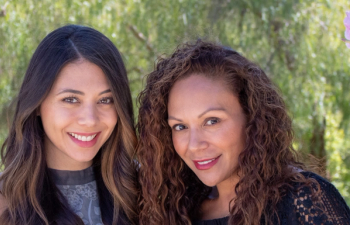
A new photography book showcases survivors with messages of inspiration.

A 10 year, 2-time cancer survivor offers 6 tips for cancer survivors transitioning to "normal life" after their treatment for cancer wraps up.
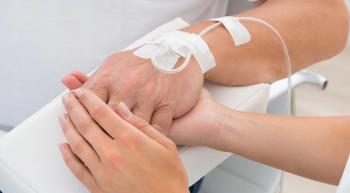
On social media, CURE® recently asked its readers to give a shout out to their ‘cancer hero’: the person or persons who they met while on their cancer journey and they now admire.

Twelve works will be selected to appear in a 2021 CURE® calendar, and all submissions will be displayed in the magazine’s online art gallery.

The dependent coverage provision in the Affordable Care Act has helped adolescent and young adult patients with cancer stay on health insurance longer than those who had cancer before the ACA was signed into law.

Miracle cures, juice cleanses, even ancient supplements, cancer patients and some survivors often fall victim to people who prey on our vulnerabilities from cancer.